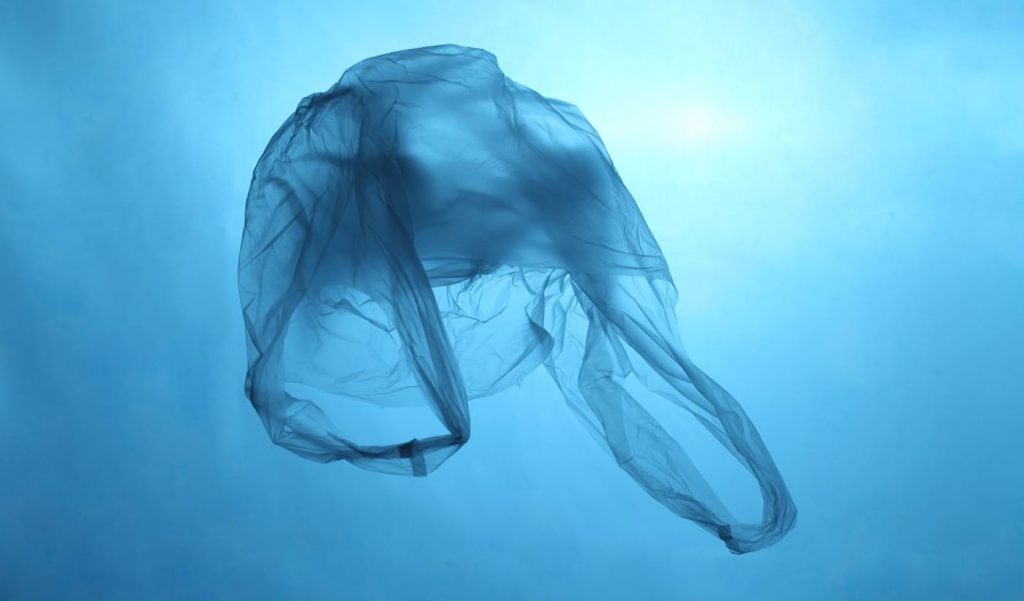
Japanese scientists were thrilled to receive significant interest from the packaging industry over their new seawater-degradable plastic.
Breaking apart into nutritious compounds for ocean-borne bacteria in just 2 to 3 hours depending on the size and thickness, the invention could be a major solution to reducing plastic waste in the environment.
GNN has previously reported that the amount of plastic waste in the ocean is currently overestimated by 3,000%, making the remaining total a much-more addressable challenge.
To that end, researchers at a lab in Wako city near Tokyo used two ionic monomers to form a salt bond for the basis of the polymer plastic. Despite being strong and flexible like normal petroleum-based plastics, the material is highly vulnerable to salt and immersion in salty ocean water dissolves the plastic in short order.
Researchers from the RIKEN Center for Emergent Matter Science and the University of Tokyo who developed the plastic don’t have any detailed plans for commercialization, but they have been contacted by members of the packaging industry with significant interest.
ENCOURAGING STORIES ON OCEAN POLLUTION:
The plastic is non-toxic, non-flammable, and doesn’t emit CO2. It wont leach chemicals and microplastics into one’s body as is the case with normal plastic water bottles, packaging, take-away containers, and so on.
Additionally, because there are small amounts of sodium in most of the world’s soils, the plastic will breakdown in a matter of weeks if buried.
“Children cannot choose the planet they will live on. It is our duty as scientists to ensure that we leave them with best possible environment,” said the research team leader Takuzo Aida.
WATCH a report from Reuters below…
SHARE This Positive Plastic Development With Your Friends Anxious About The Environment…
Source link

